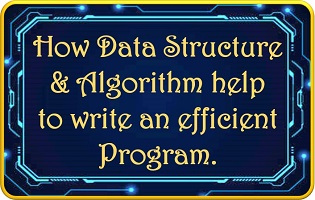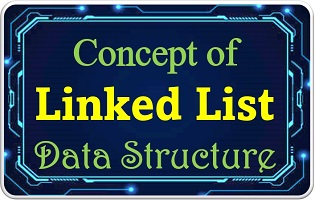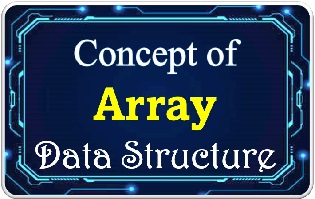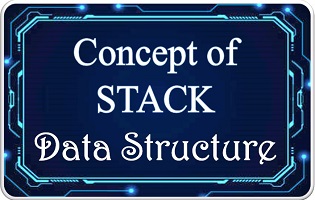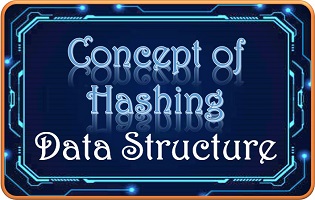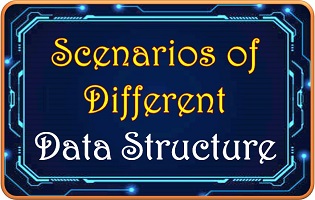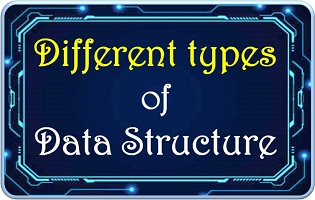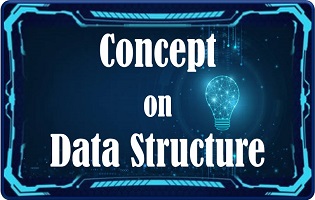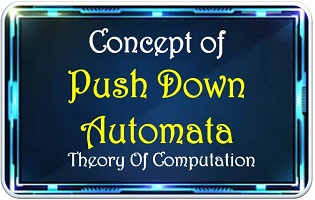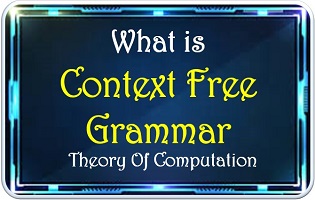Author:
Know How Data Structure and Algorithms help to write efficient program code
Data structure means providing a specific structure to data. Like if you want to add two numbers 4, 3, then to add these two numbers you give a specific structure which may be int or float.
Explain the Concept of Linked List in Data Structure
Linked list in data structure is a way to keep data items next to each other. In memory, we can keep data in two ways, Sequential(contiguous) and random manner.
Explain the Concept of an Array in Data Structure
An array is a linear data structure where homogenous data were stored in a contiguous memory location. Let us understand more about the concept of the array in the data structure.
Do you know the Concept of Stack in Data Structure?
Stack is one of the memory allocation techniques having a concept of linear data structure where operations like insertion and deletion were performed to store and remove the data item.
Do you know Concept of Hashing in data structure?
#Tag is used to index the targeted content from a huge repository of diversified content, which helps to retrieve relevant content. Understand the concept of hashing in the data structure.
What Scenarios of different Data Structures you know?
A data structure is a way of organizing, processing, retrieving, and storing data. There are several basic and advanced types of data structures, all designed to arrange data to suit a specific purpose.
Know the Different Types of Data Structures used in Programming
This article is briefed about the different types of Data Structures used during programming. Basically, there are two types of Data Structures: Primitive and Non Primitive Data Structure.
Know the Concepts on Data Structure: The Definitive Guide
Data Structure is a way to organize the data in the main memory. Here we have also discussed why students/professionals face challenges to do a study of data structure.
Concept of Push Down Automata in Theory of Computation
The concept of Push Down Automata says the machine is capable of recognizing context-free languages which are supported by context-free grammar.
Application of Automata in Theory of Computation
Table of Contents Where do we use Automata Without understanding the reason behind the concept and its importance, we always find it tough to learn. As ‘Automata Theory’ is one…
Concept of Derivation in Theory of Computation
The derivation is the process of deriving or generating a language from the given production rules. The derivation is basically represented in the graphical form, which is also considered as Derivation graphs and popularly known as derivation trees or parse trees.
What is Context Free Grammar ?
Context-free grammar is a model of a language. It consists of several rules. A rule defines the replacement of a symbol with another symbol. In order to generate a sentence from the language, you are allowed to apply one rule at a time. A rule does not depend on the context (hence the context freeness).
